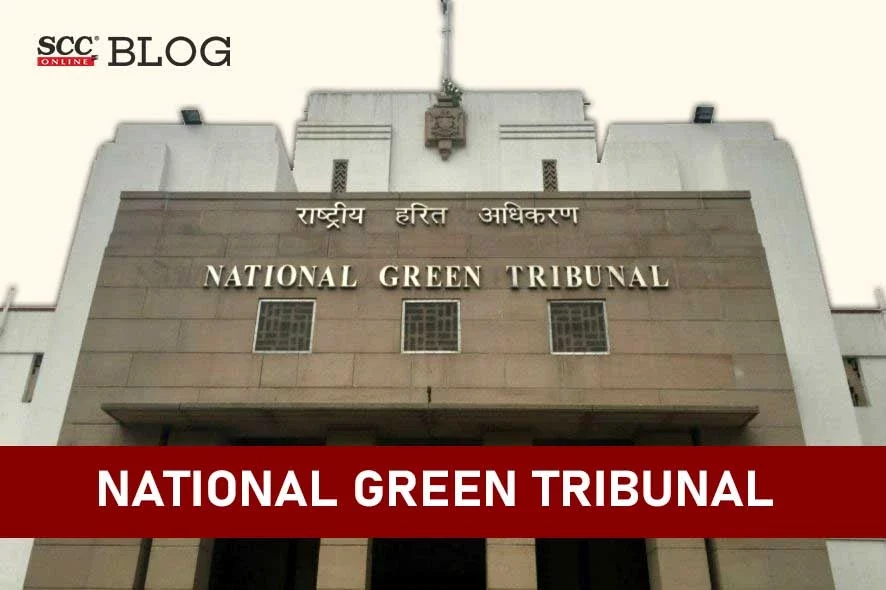National Green Tribunal: In an application regarding rejuvenation of river Yamuna, the three-members of the Tribunal comprising of Prakash Shrivastava (Chairperson), Sudhir Agarwal (Judicial Member) and Dr. A. Senthil Vel (Expert Member) directed for filing of fresh reports by all the States/Authorities concerned.
The Tribunal perused the status report filed on behalf of State of Haryana, Government of the National Capital Territory of Delhi (‘GNCTD’), Central Pollution Control Board (‘CPCB’), Delhi Jal Board (‘DJB’) and noted that the officials are in the process of holding a joint survey of the drain in the presence of all stakeholders to identify sources of sewage entering into the drain in order to take remedial action for ensuring sewage free drains. The Tribunal also noted that a substantial part of the drains has been trapped and at some points. On perusing the GNCTD’s status report, the Tribunal noted that the water parameters were still not meeting the norms and the dissolved oxygen (DO) was not found in any location and many actions were pending for the 100 percent treatment of sewage, laying of sewage network in 1799 unauthorized colonies and 639 JJ Clusters, Industrial effluent management, fecal sludge management, regulation of flood plain and utilization of treated waste water, etc.
The Tribunal said that the CPCB’s status report was cryptic, and the facts and figures did not match with the reports filed by the other authorities.
The Tribunal directed for filing of a fresh report by all the States/Authorities concerned on or before the next date of hearing i.e., 07-12-2023 with clear indication as to how many drains have been totally trapped and number of remaining drains still discharging treated /untreated/partially treated wastewater directly into River Yamuna, which is affecting the water quality with respect to the prescribed standards.
The Tribunal said that the Yamuna’s situation is far from satisfactory and status report of the authorities and States concerned lacked on the following issues:
-
Details of the drains discharging both treated waste water and untreated waste water into the river Yamuna along with the quantity and quality of the discharge water.
-
Details of the Sewage Treatment Plants (‘STPs’) constructed and operational to treat the waste water discharged from the above drains. The capacity of the existing STP and the quality of the treated waste water, if it is meeting the standards or not.
-
Details of upgradation of the existing STPs.
-
Details of those areas/colonies which have so far not been covered in the above scheme shall be furnished indicating timelines for laying down sewage network system to trap all the sewage generated from authorized and unauthorized colonies and linking to the main drain for treatment and disposal.
-
Measures/steps taken for utilization of the treated waste water for agriculture, horticulture, construction activities, dust mitigation and other non-contact purposes.
-
Details of monitoring of the functioning of the STPs, water quality monitoring.
-
Rejuvenation and restoration of the Yamuna River flood plain and the associated wetlands.
Further, the Court directed the CPCB to verify the facts and figures disclosed in the report placed by the States and the authorities and to file a comprehensive report reflecting the correct position. The CPCB was also directed to disclose that the sewage treatment being conducted was in accordance with the prescribed standards.
The matter was further listed for hearing on 07-12-2023.
[Nizamuddin West Association v. Union of India, 2023 SCC OnLine NGT 383, Order dated: 17-10-2023]







